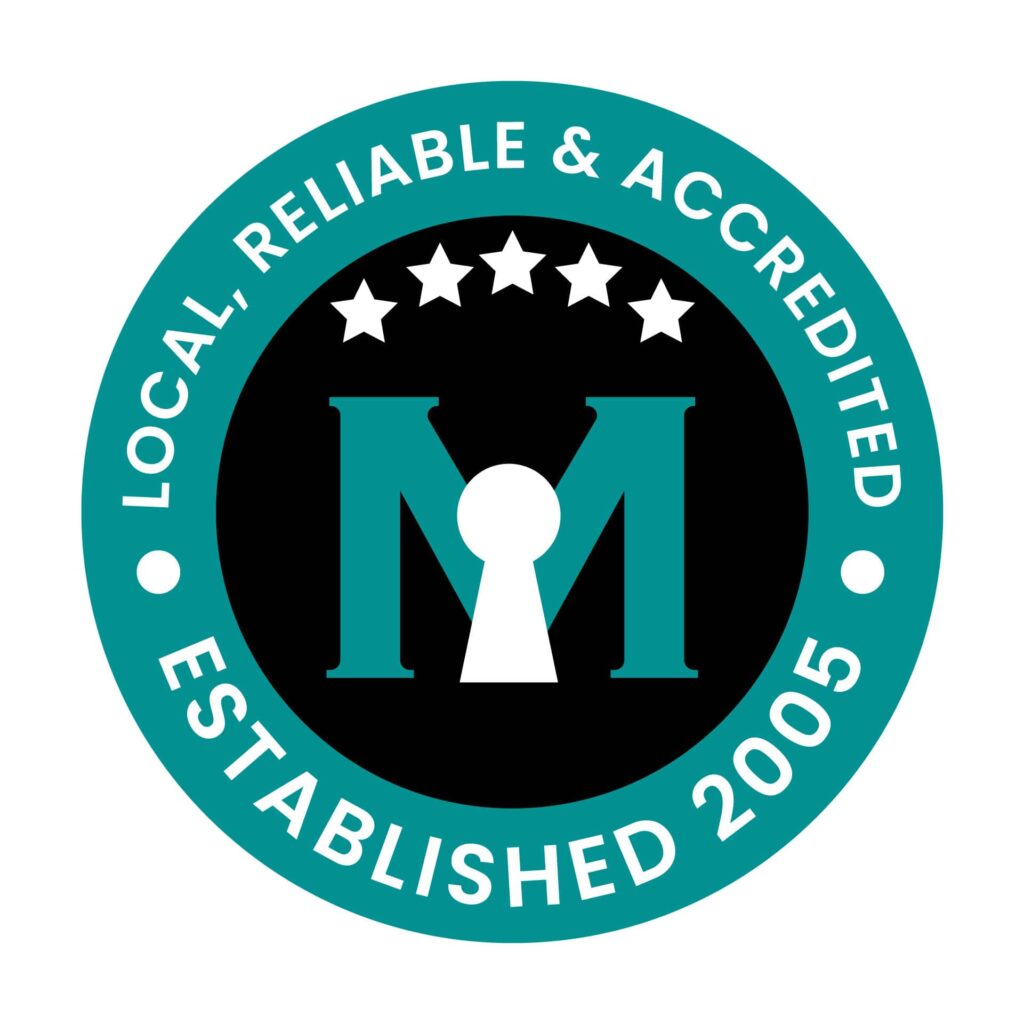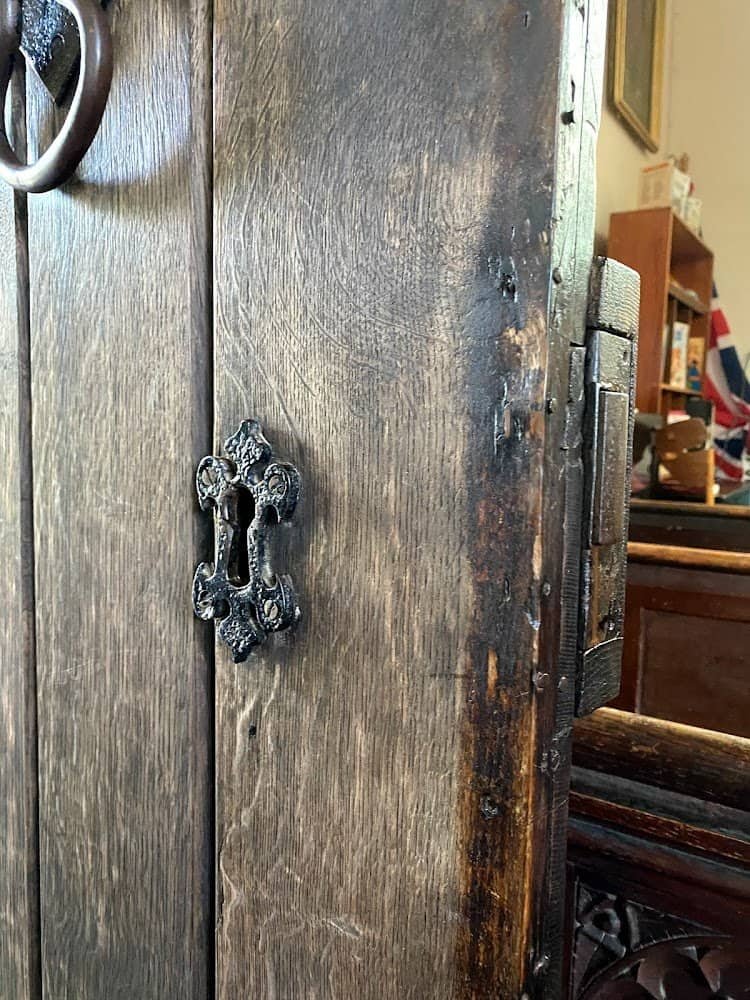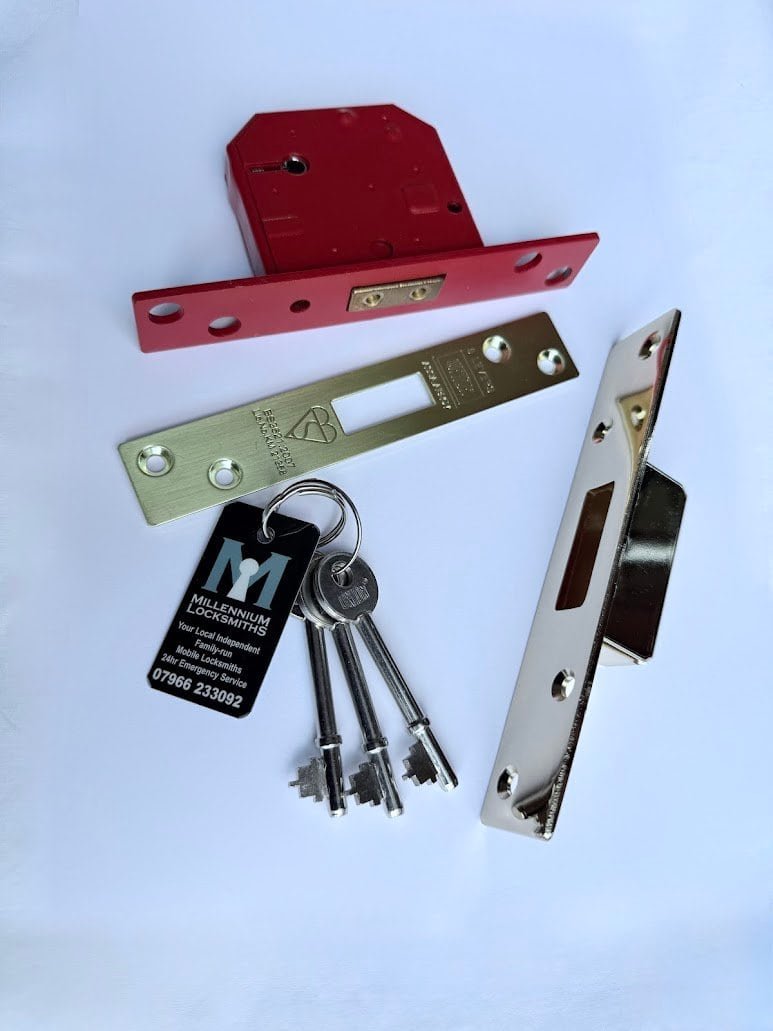What is a Mortice Lock?
Before the development of the euro cylinder in the early 1800s and their subsequent gradual increase in popularity, most, if not all, doors would have had a traditional mortice lock fitted. Mortice locks date back centuries – I’m sure we’ve all seen those big ornate locks and keys in museums and stately homes.




